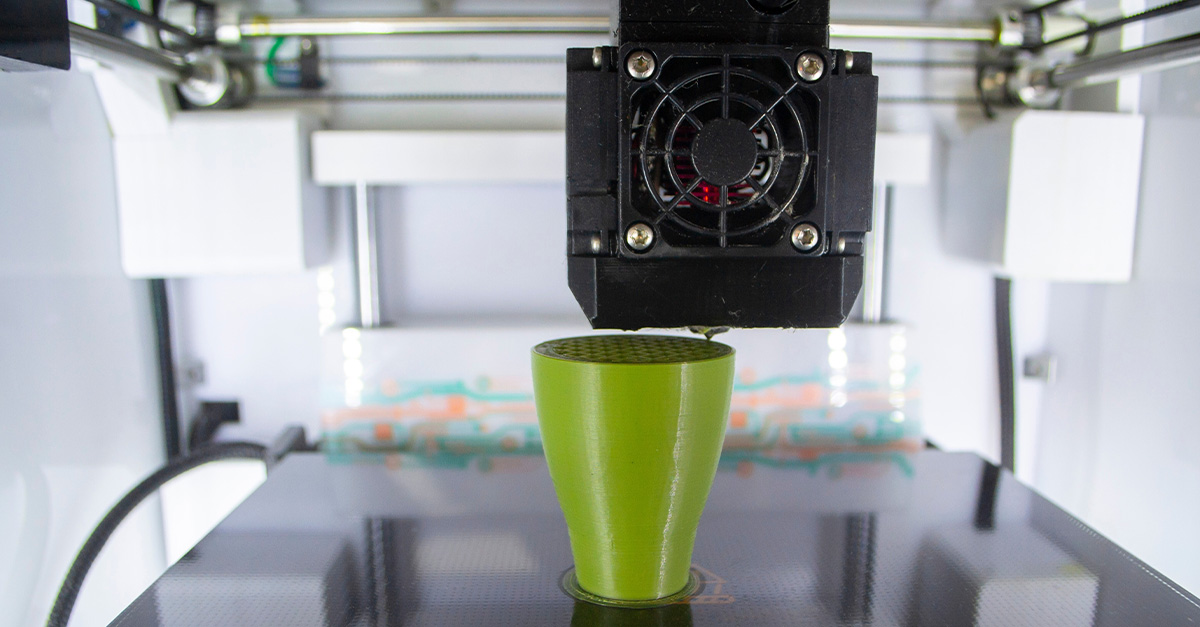Keeping one's mind sharp has become increasingly important in today's society. With the fast-paced tempo of our day-to-day lives and the many distractions we come across regularly, we must strike a balance between keeping our minds sharp and also not overstimulating them. Like a well-tuned instrument, our minds need regular upkeep to function at peak levels. Developing healthy habits is essential to keeping our minds flexible and robust in the modern age. Here are 10 routines that will support you in maintaining mental sharpness amidst all of the chaos of daily life.
Prioritize Sleep
Sleep is the key to improving mental sharpness and cognitive capability. The mind is not only active during the day—it also performs vital functions throughout the night, including memory consolidation, neuronal connection maintenance, and cerebral recovery. That's why getting enough sleep preserves the brain and keeps it functioning at its best, improving clarity of thought, problem-solving skills, and attention span. Messing with this nighttime balance only creates chaos, producing a series of unwanted symptoms like forgetfulness, lack of focus, and dampened creativity. Make sure you get at least 8 hours of sleep a night to get the most benefits.
Stay Curious
Keeping a curious mind is one of the ways you can prevent your mental sharpness from degrading. Having an endless need for information stimulates positive cognitive activity by forming new neural brain connections. A curious mind helps exercise the brain's "intellectual muscles," so the more you seek knowledge and new perspectives, the more resilient your mind will become. This never-ending search for understanding activates the brain, which promotes versatility, problem-solving, and long-term cognitive agility. And, above all, curiosity ensures that the mind remains ever-evolving.
Eat Brain-Boosting Foods
You know what they say: “You are what you eat,” and it’s so true, especially when it comes to mental health. The importance of choosing meals that support brain function cannot be understated. Loaded with omega-3 jewels, fatty fish are a great option for strengthening cognition. Antioxidant-rich blueberries, on the other hand, help to protect the mind from the often irreversible effects of aging. Then there are the leafy greens, packed with vitamins that give you brain power with every bite. Working ingredients like romaine lettuce, spinach, and kale into your diet also helps protect you against brain fog of cognitive decline.
Stay Physically Active
The mind and body are intricately connected. When you get into a groove of exercising your body, whether it is through strength training or aerobics, you also work out your mind. Neurons light up in response to muscle contraction, which promotes the development of new connections. You also feed your brain with more blood, keeping it well-circulated with oxygen and other important nutrients that keep it healthy. Just make sure you don't overdo it—physical exhaustion can directly influence mental exhaustion, so for maintenance purposes, you want to train within your limits.
Get To Meditating
While it’s good to find activities that keep your mind active, it’s also good to take the time to let it wind down. That’s where meditation comes in—when you meditate, neural circuits all synchronize to bring calm to the mind, allowing for clearer and more efficient thought processes. Making purposeful breaths with a regular rhythm can soothe racing thoughts and improve concentration. Frequent practice not only helps people feel less stressed but also builds their cognitive core, which raises awareness of one's surroundings and situation. Performing a simple breathing sequence daily, for example, can help bring your mind to its center.
Keep Socializing
Human beings are inherently social creatures, and our brains thrive on social interactions. Engage in meaningful conversations to foster connections with friends and family and participate in group activities at school or work. Even better, put yourself out there and start meeting new people! Socializing stimulates various regions of the brain, producing many new neural networks that you can access for later use. Overall, keeping a healthy social life will contribute to your emotional well-being and cognitive vitality.
Challenge Your Brain with Mental Exercises
Keep your mind sharp by regularly engaging in activities that challenge cognitive abilities. Puzzles and strategy games become the "workout regimen" that flexes and tones the brain muscles. New synaptic connections are formed with every crossword puzzle answered and chess move calculated, strengthening the brain's framework. Similar to how physical activity strengthens the body, these mental challenges sharpen problem-solving skills and preserve mental agility. Opt for a healthy dose of board games, video games, or even puzzle apps to keep your mind busy and occupied.
Establish Routine, Embrace Novelty
While routine provides a sense of stability, introducing new activities into your life is equally essential for cognitive stimulation. Developing a routine gives the mind a consistent rhythm to match with everyday duties, which is comforting and stable. However, you should also break the monotone from time to time by trying new experiences, whether it's exploring a different route to work, experimenting with a new hobby, or learning a new language. Trying out new things bolsters creativity and keeps the mind agile.
Manage Stress
Chronic stress is the silent killer that undermines cognitive performance. Heat maps of the brain have shown that too much stress can cause parts of it to decline, negatively altering its structure and form. You can minimize the negative effects of stress on your mind by practicing effective stress-reduction methods like yoga, deep breathing, or mindfulness. You can also opt for a relaxing massage, a cozy meal, or some music to help you wind down. A clear, composed mind is better able to face life's obstacles head-on without giving way to mental exhaustion.
Be Well Hydrated
Hydration is crucial for more than just physical health; it also has a direct impact on your mental state. Dehydration can affect one's ability to concentrate, recall things, and think rationally. Drink enough water throughout the day to maintain healthy brain function. Also, energy drinks, sodas, and sugary beverages are NOT suitable substitutes for water.
















